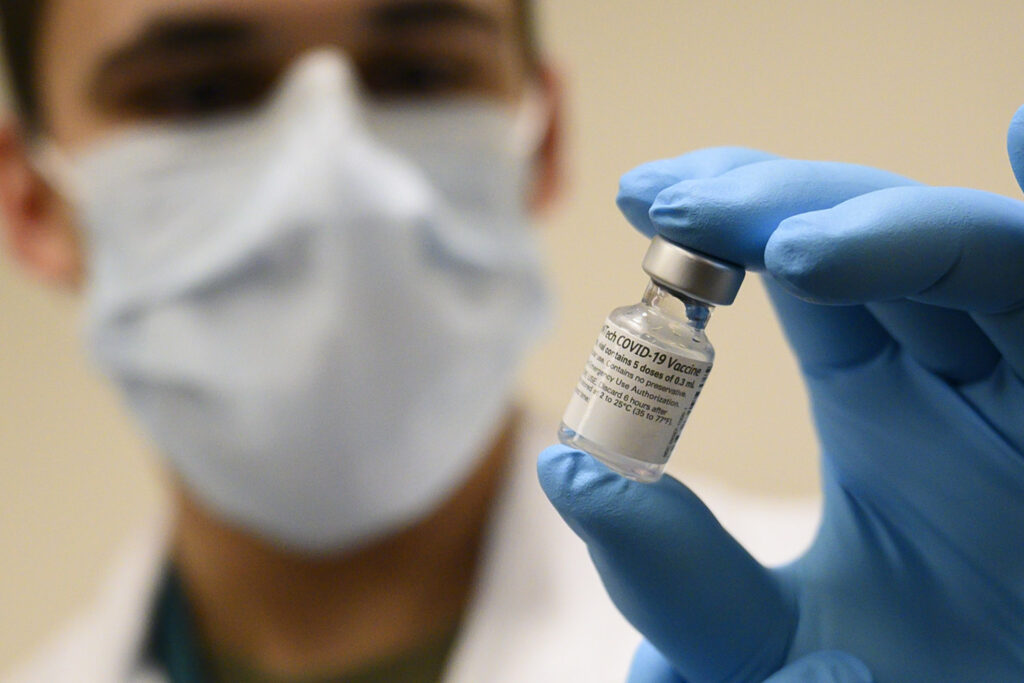It has been more than five years since the Covid-19 outbreak in the U.S., but the Michigan Department of Health and Human Services is still pushing the vaccine, urging the shot for all Michiganders six months and older.
The directive also recommends pregnant women receive the vaccine, citing compliance with the American College of Obstetricians and Gynecologists. In reality, pregnant women and babies aren’t likely to be immunocompromised in the first place, meaning the vaccine is both unnecessary and unhelpful for these groups—especially when bad side effects have begun to rear their ugly heads since the vaccine’s creation.
While MDHHS continues to spend time and money promoting the Covid-19 vaccine, death rates have dropped significantly, making the spread of the virus almost a non-issue. In 2024, about 1,400 people died from the virus. These numbers—half the amount of Covid-19 deaths from the previous year and way down from the apex in 2021—are comparable to deaths caused by the common flu and pneumonia.
The directive homes in on pregnant women, claiming: “Maternal vaccination during pregnancy can reduce the risk of Covid-19-related hospitalization for infants by more than half during the first three months of life,” yet 75.7% of deaths were Michiganders age 70 or older, and 22.2% were those ages 30 to 69. The analysis did not even address those under the age of 30.
Further, in 2023, Covid-19 was the ninth-leading cause of death in the state, following ailments like heart disease, taking more than 26,000 lives, and cancer, taking more than 20,000. The virus comes in at just over 1,600 deaths in 2023, just over 1% of total deaths that year.
Even worse, the directive makes no mention of the adverse side effects many people experience after taking the vaccine, a truth that has become more evident after recent research.
A global vaccine study from The Global Vaccine Data Network found increased risks of many side effects associated with the vaccine.
The study found a “statistically significant increase in Guillain-Barré syndrome within 42 days after the first dose of the AstraZeneca vaccine.” Similarly, for those who took the Pfizer and Moderna vaccines, “significantly higher risks of myocarditis following the first, second, and third doses” were confirmed.
Less than five years since the vaccine was released, it is impossible to know the true long-term effects for those who got the jab.
The state of Michigan, however, seems more focused on stoking fear about the risk of Covid-19 in young children and pregnant women—groups that, while not high risk, are especially sensitive to health-related anxiety—while entirely overlooking the potential long-term effects of vaccinating against a virus with a survival rate nearing 99%.
Kamden Mulder is a reporting fellow for Michigan Enjoyer.



